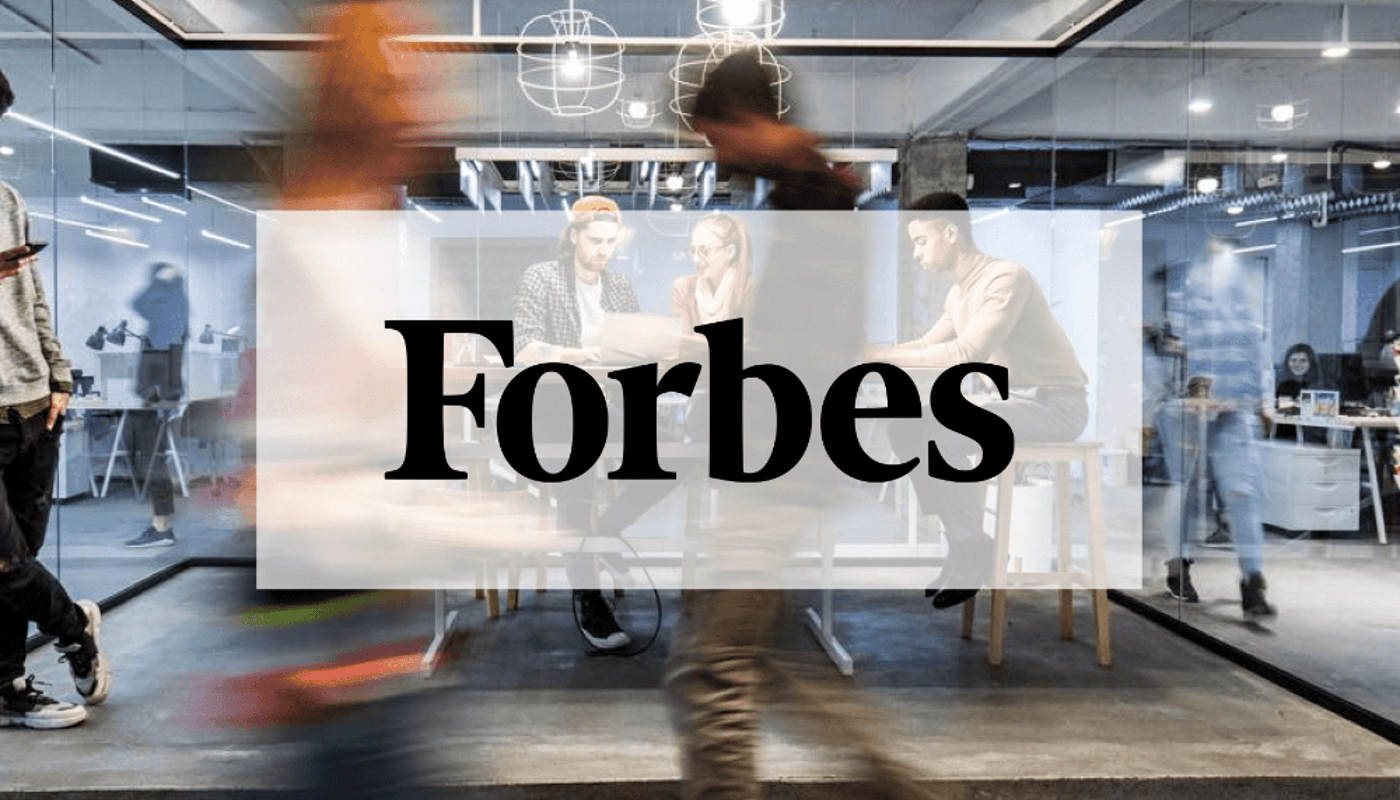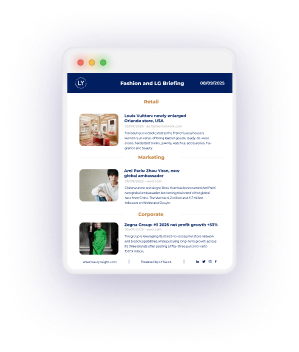
AI and the Entrepreneurial Spirit
www.forbes.comIn a recent Forbes feature, Joe McKendrick explores how entrepreneurs are embracing AI not as a threat to jobs, but as a catalyst for business growth and innovation. AI now provides startups with access to critical functions – from accounting and marketing to product design – at a fraction of the traditional cost.
Fashion is one of the clearest examples of this shift. As Jeanel Alvarado, founder and CEO of RetailBoss, notes, brands can launch photorealistic digital garments, test them with AI-powered virtual influencers, and only produce what sells. Tools like Heuritech scan Instagram 24/7 to forecast emerging trends, helping brands move beyond guesswork toward data-driven decisions.
The article also draws on research from Harvard Business Review showing that so-called “ambitious entrepreneurs” – those who aim to scale without large teams – are particularly enthusiastic about AI. More than 87% of entrepreneurs surveyed expect AI to be critical to their business strategy within three years, with over 90% optimistic about its impact on growth, innovation, and efficiency.
The takeaway: AI is becoming a force multiplier for small teams, enabling them to compete with major players and scale rapidly by combining human creativity with machine intelligence.
